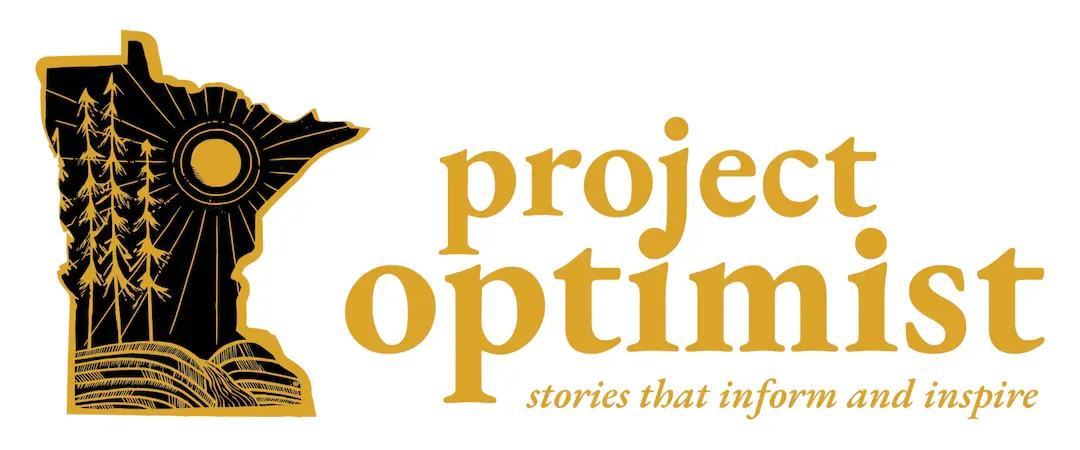More Somali therapists are entering the field, hoping to change the conversation around mental health
The generational divide between younger Somalis willing to seek out mental health services and their parents is a challenge practitioners are working to address.
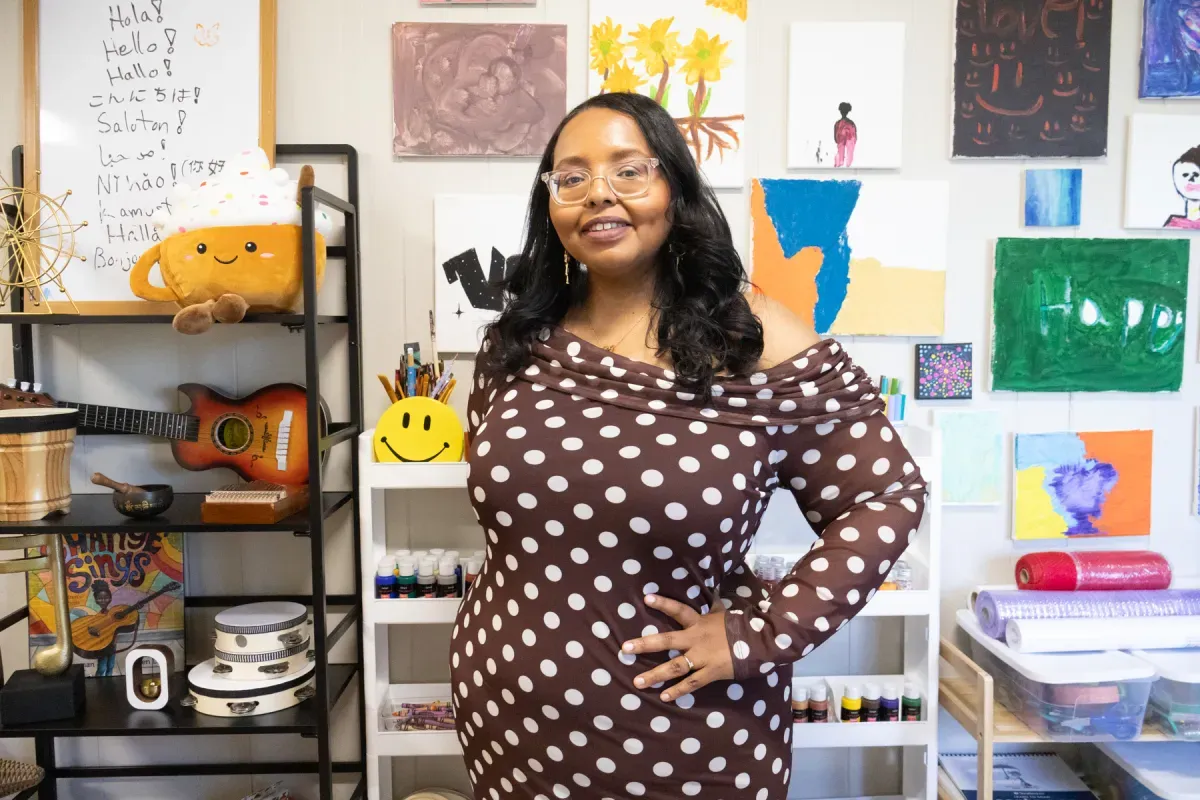
This story comes to you from Sahan Journal, a nonprofit newsroom dedicated to covering Minnesota’s immigrants and communities of color. Sign up for a free newsletter to receive Sahan’s stories in your inbox.
By Mohamed Ibrahim
Sahan Journal
Ashwak Hassan recalls the seventh-grader who used to come by her office every day when she worked as a part-time therapist at Anderson United Middle School in south Minneapolis.
The youth, who was Somali, was eager to talk to the Somali therapist about self-esteem issues. But Hassan needed a waiver from his mother, and that was extremely difficult.
“I would call mom and she would say no and that he needs to focus on his studies instead,” Hassan recalled. “Then he came back and said he was dealing with peer pressure and just wanted to talk to somebody … I called mom back and said it’s really important, but again she was like ‘Absolutely not!’”
 Project OptimistJen Zettel-Vandenhouten
Project OptimistJen Zettel-Vandenhouten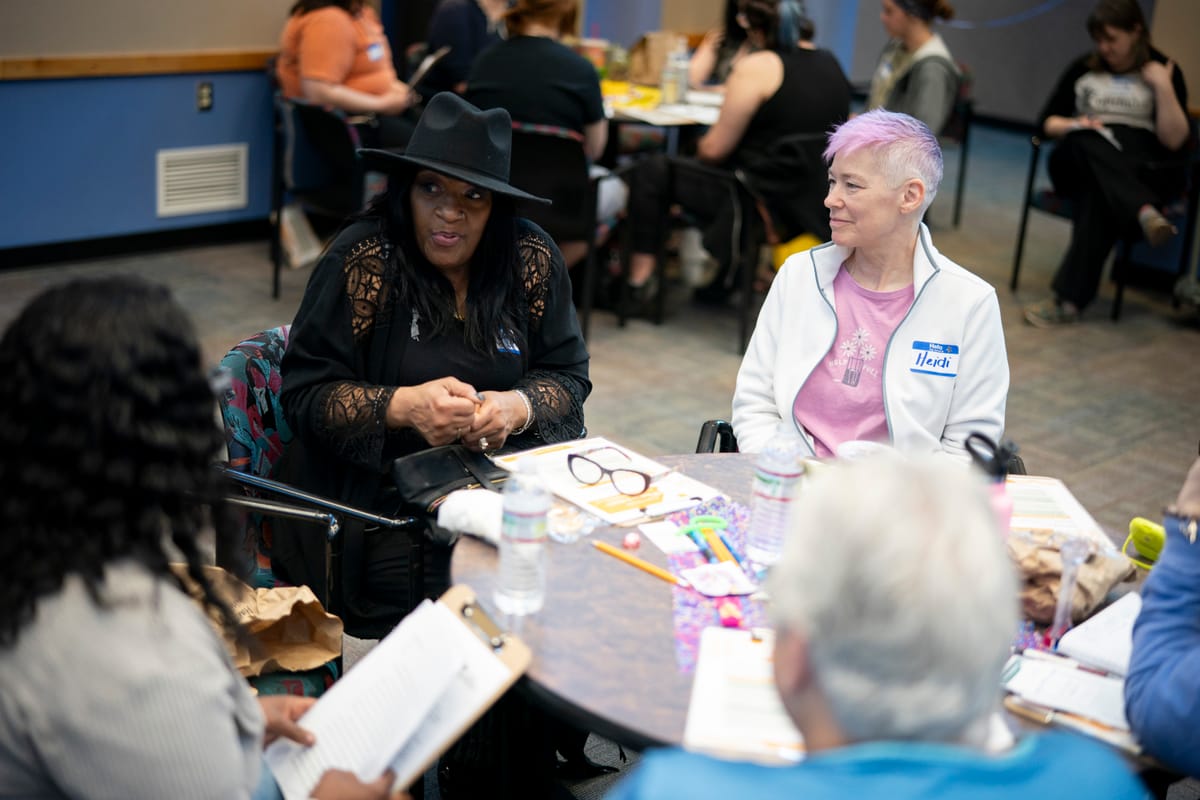
Though Hassan never got many releases from parents, more kids would come by her office willing to receive therapy. That generational divide between younger Somalis willing to seek out mental health services and their parents is a challenge Hassan is aiming to tackle now in private practice.
She provides culturally specific therapy, which aims to eliminate the language barrier and include Islamic teachings. Through this, she hopes to help members of the Somali community overcome the stigma traditionally associated with seeking mental health treatment.
Growing up in Minnesota, Hassan’s parents originally wanted her to become a doctor, a lawyer, or at least follow in the footsteps of several of her uncles – engineers who had studied in the Soviet Union during the 1970s and 1980s. Of the three options, she chose law school, which she said was the closest to matching up with her desire to help people.
Sign up for Project Optimist's newsletter
Solution-focused news, local art, community conversations
It's free. No spam. Unsubscribe anytime.
While at law school in San Francisco, she and her classmates would do outreach with the city’s homeless population. They would help them resolve minor legal issues, which Hassan enjoyed very much.
“One of the partners in the firm I was working for was like, ‘You’re not their shrink! Make it quick, take the notes, move on,’” she said. “I was really connecting with the people, and I felt disrespectful cutting them off because they had so much to share about the things that they went through.”
A year later, she was back in Minnesota living with her family and studying to become a licensed marriage and family therapist. While working toward her license, she worked for organizations like East Side Neighborhood Services and the Minnesota Autism Center as a mental health practitioner doing in-home visits.
She says her colleagues considered her difficult because she would push back when coworkers would say things like the Somali homes they would go to for in-home visits smelled funny.
“They would also say Somali parents just didn’t care, they never show up, or they never partake in the family sessions, not looking at the systemic barriers that these families are going through,” Hassan said.
Now, in private practice, Hassan provides several different types of therapy. For kids, who tend to express themselves without using words, those methods include providing musical instruments, toys, and arts and crafts, which help them open up and talk about their feelings.
 Project OptimistJen Zettel-Vandenhouten
Project OptimistJen Zettel-Vandenhouten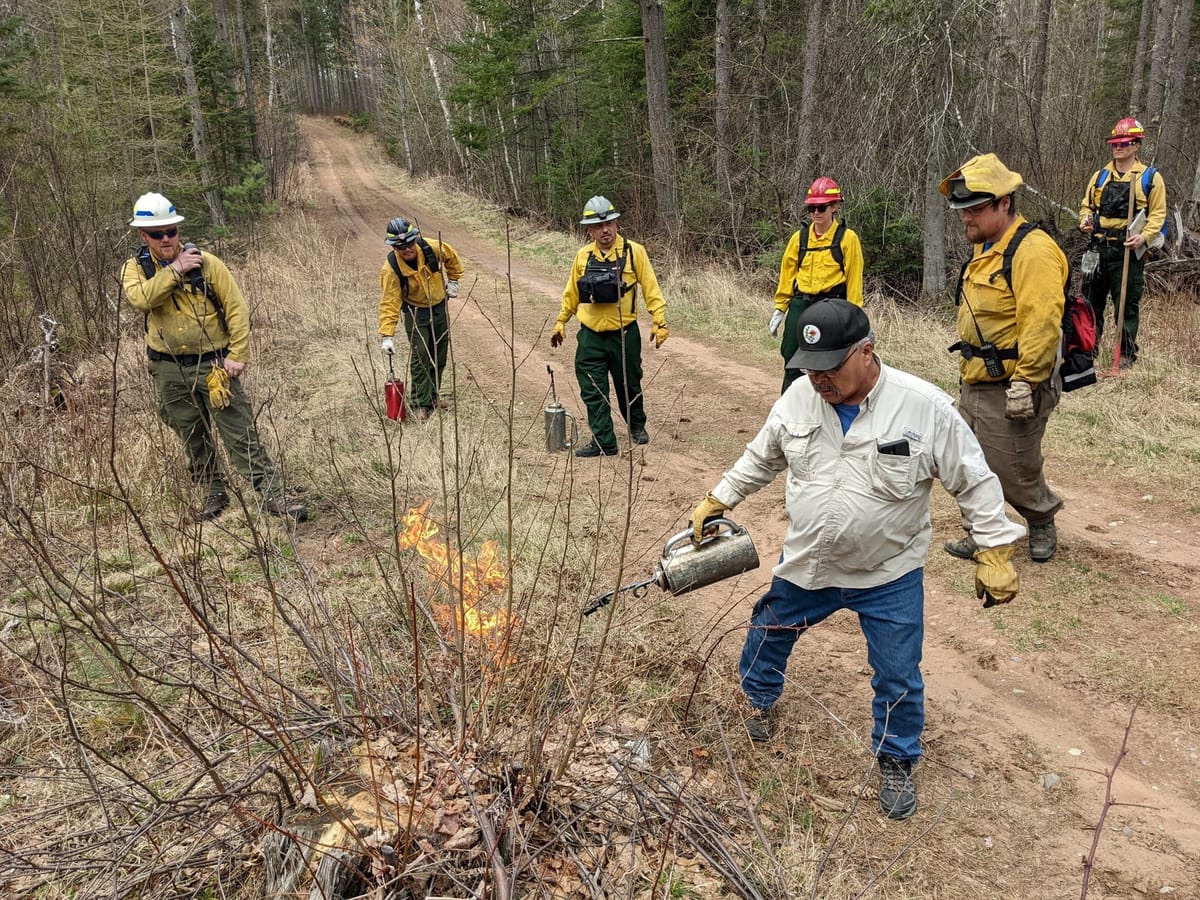
For adults, Hassan can speak to them in Somali. She also incorporates Islamic concepts and Quranic verses to help them understand and work through feelings like anxiety or depression.
“I try to demystify what therapy is because they already have this misconception,” she said. “As Somalis we look at it as either you’re fine or you’re crazy. It’s really black and white.”
But often, it’s not that simple. Many Somali adults suffer post-traumatic stress disorder (PTSD) from having to flee their war-torn country in the early 1990s. A 2021 study conducted by researchers from the University of Nairobi in Kenya found that among more than 400 respondents who were displaced from their homes due to armed conflict about 59% were found to be suffering from depression and 32% from PTSD.
Due to those experiences, as well as instances of personal trauma, Somali parents have a hard time seeing stressors their children go through as big enough problems to require mental health treatment, said Fatoun Ali, founder of local organization Somali Youth and Family Development Center (SOMFAM).
Ali said that oftentimes seeking treatment for, or even just talking about one’s mental health struggles, is seen as a lack of faith in one’s religion, and the suggested remedy that follows is to read the Quran and pray more.
“They think if you’re depressed, maybe your faith is weak, maybe you’re not connected to God and you should be appreciative of the things that you have,” she said. “You’re alive, you’re breathing, you’re in a safe country, you’re eating and you have a roof over your head so you shouldn’t be depressed, but they don’t understand that it’s a disease.”
Ali, who experienced physical and emotional abuse from her ex-husband, was diagnosed with major depressive disorder, and friends and family suggested the same solutions. Her doctor, however, recommended she seek counseling, where she experienced immediate relief and continues to see a therapist many years later.
“Through that, I got better … but it’s still something that the community is not aware of and it’s a huge stigma,” she said. “I want to help break that cycle of not talking about your mental health because we have been traumatized by the civil war, refugee camps, being in a new country where you don’t know the language and people don’t look like you.
“I want our people to know mental health is not something easy, and if you’re not mentally well it affects everything else in your life,” she said.
 Project OptimistIsabella Silva-Biotti
Project OptimistIsabella Silva-Biotti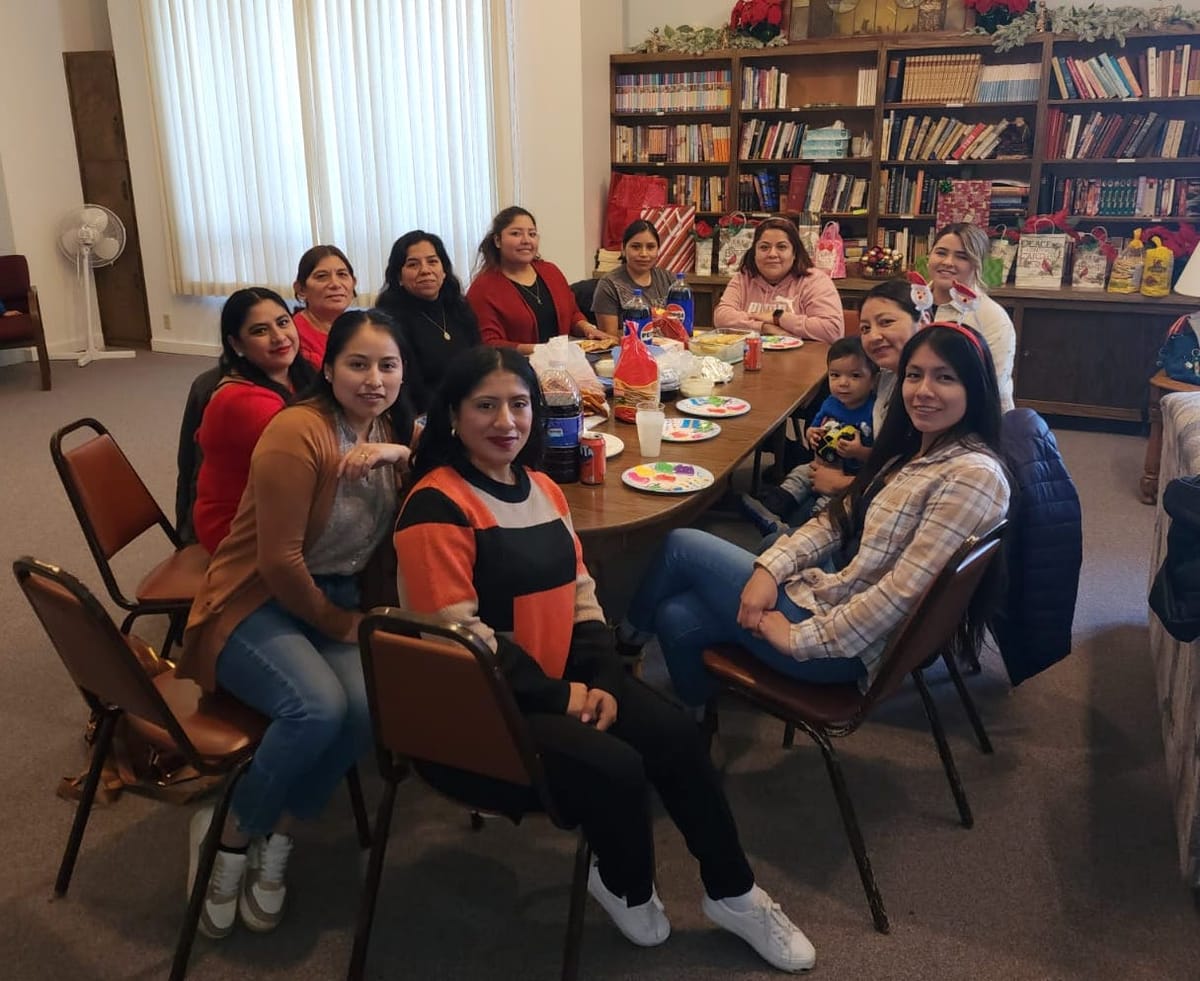
 Project OptimistIsabella Silva-Biotti
Project OptimistIsabella Silva-Biotti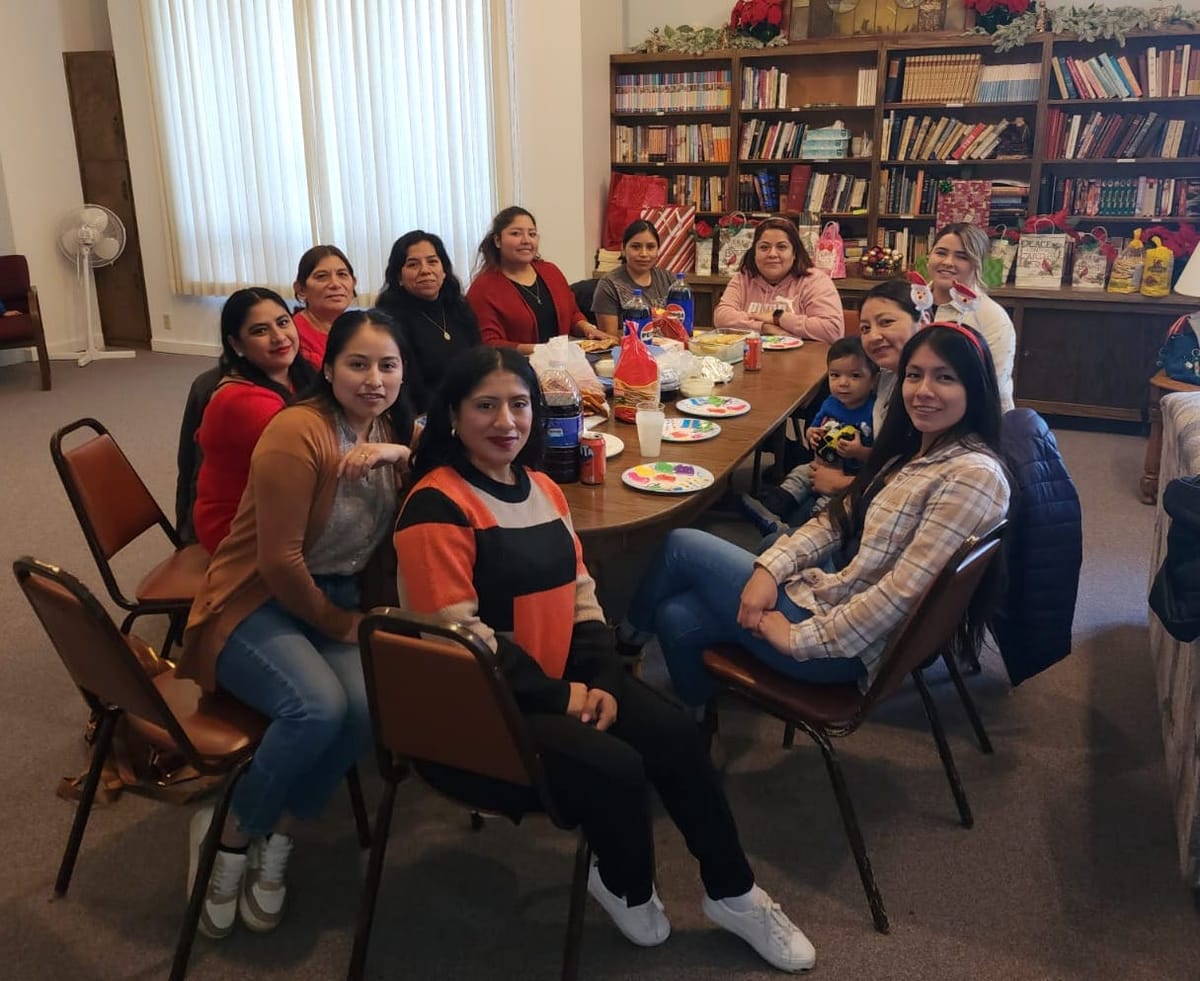
Through efforts like a mental health workshop held by SOMFAM this past weekend, both Ali and Hassan, as well as more than 50 other Somali mental health practitioners now working in the field, are working to change that through education and outreach.
As more young Somalis normalize the idea of going to therapy, Hassan said she hopes the older generation will follow suit.
“I’m very hopeful,” she said. “I see young clinicians emerging and the field’s getting bigger, and I really want to get rid of that stigma.”
